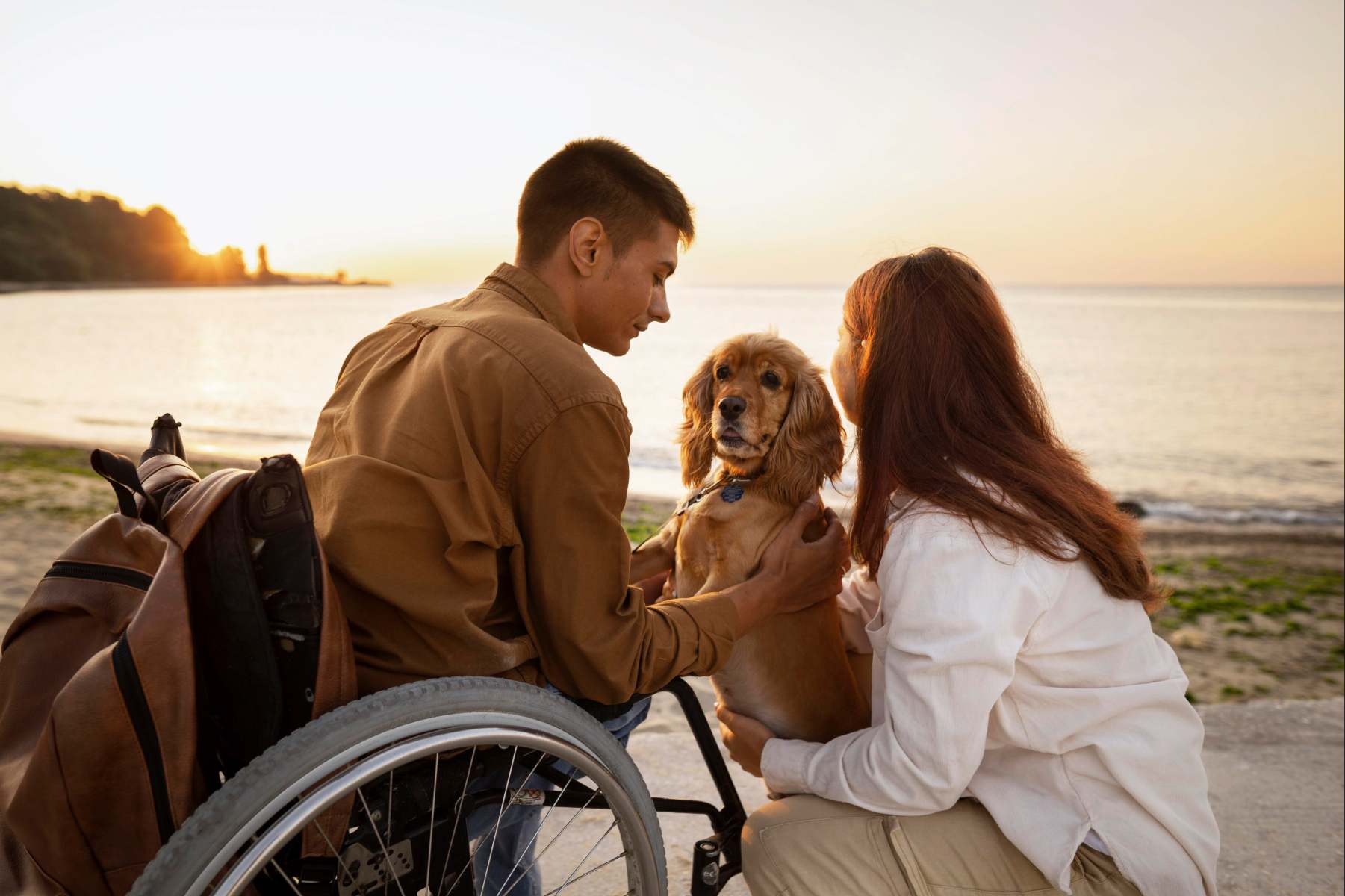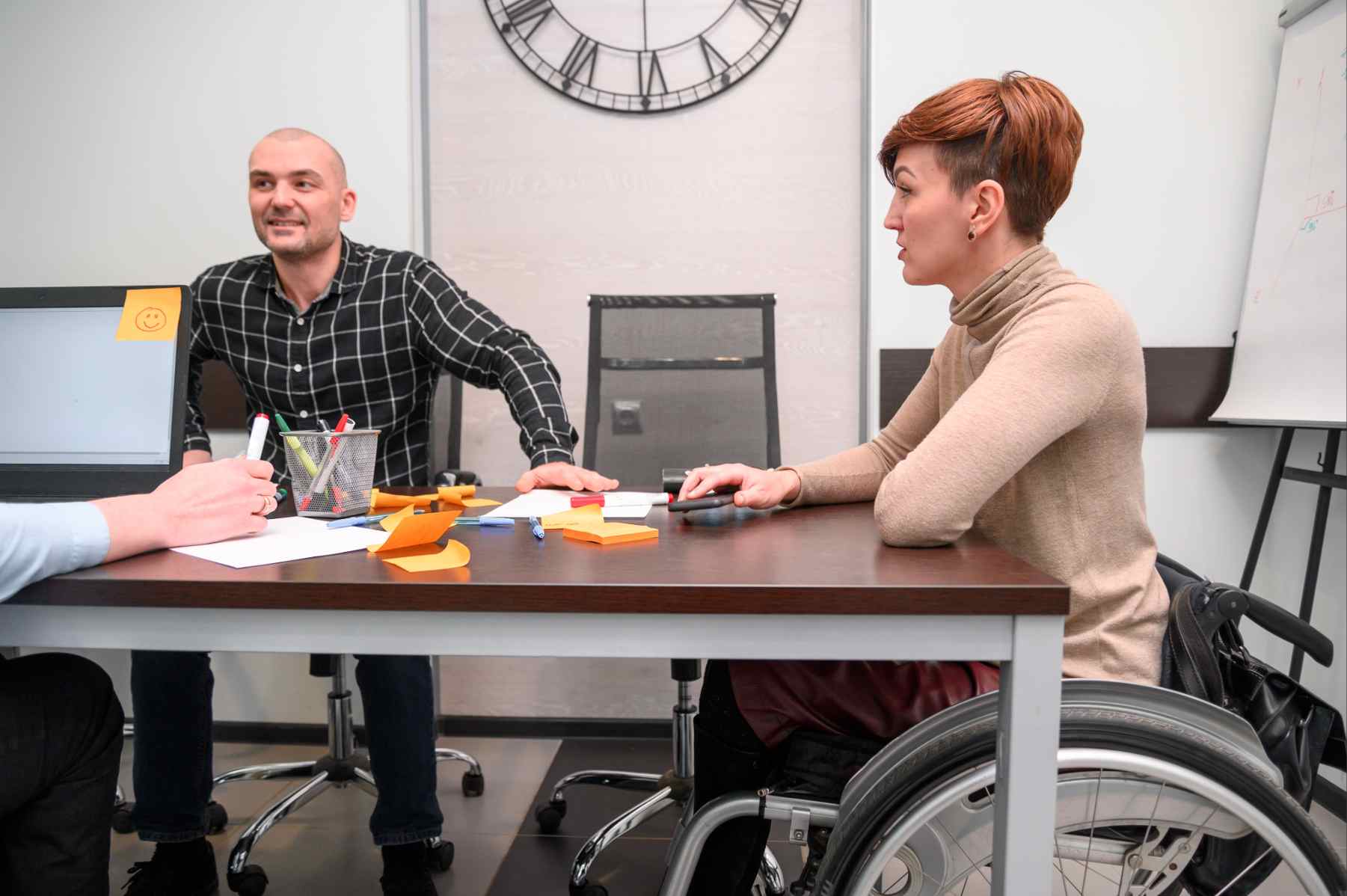At NDIS Superhero, one of the most common questions we hear is: “What’s the difference between NDIS supports and other services like Medicare or Centrelink?”
It’s a great question—because while your NDIS plan can fund disability-specific supports, there are many essential services that come from outside the NDIS.
Let’s break it down.
What Are Mainstream and Community Supports?
Mainstream supports are general services funded by governments that are available to everyone—whether or not they have a disability. These include:
- GPs and hospitals
- Mental health care
- Medicare services
- Centrelink payments (like JobSeeker or DSP)
- Public education
Community supports come from local or not-for-profit groups like:
- Sporting clubs
- Religious organisations
- Local councils
- Peer support and advocacy groups
They provide opportunities to get involved, build skills, and feel more connected in your community.
Key Point: These supports are important for everyone. The NDIS won’t fund something if it’s already available through a mainstream or community service.
What Does the NDIS Fund?
The NDIS focuses on supports that are directly related to your disability and meet the “reasonable and necessary” criteria.
Here’s what’s typically included in your plan:
- Support workers to assist with activities
- Therapies like speech or occupational therapy
- Assistive technology and equipment
- Specialised transport when public transport isn’t suitable
- Personal care related to your disability
And here’s what’s not funded:
- General medical costs (e.g. GP visits, prescriptions)
- School fees, excursions or textbooks
- Everyday living expenses (e.g. rent, groceries)
- Activity entry costs or your support worker’s ticket
How Do These Supports Work Together?
Think of your total support network like a puzzle. Each piece comes from a different source:
- NDIS: Covers disability-related supports (e.g. support worker for personal care, specialised transport)
- Mainstream services: Covers general needs (e.g. public healthcare, education, income support)
- Community organisations: Add extra support, connection, and inclusion (e.g. local sports or art groups)
By combining these services, you can access a more complete range of supports tailored to your goals.
NDIS-Funded Social and Community Participation
The NDIS can fund the extra help you need to access activities and groups in your community.
Examples of what may be funded:
- Support worker assistance (e.g. changing clothes, getting to an event)
- Travel when public transport isn’t suitable
- Modified equipment or tools to participate
- Skill-building supports so you can join independently
What’s not covered: the entry fees for you or your support worker—these are personal costs.
Budget Categories That May Cover Community Supports
Here’s how your plan might fund different supports:
- Core Budget – Assistance with Social, Economic and Community Participation: Covers support workers to help you attend events or activities
- Capacity Building Budget – Improved Daily Living: Covers group or individual therapy to improve your skills
- Capacity Building Budget – Increased Social and Community Participation: May fund class fees (e.g. music, sports) if they help build independence and are pre-approved
Other social support options:
- Companion Cards: Let carers enter events and venues (like pools and cinemas) for free
- State vouchers: Like Active & Creative Kids (NSW) or FairPlay (QLD) to help children join sports or arts programs
NDIS vs Mainstream: Support Examples
Let’s look at a few real-world scenarios:
Healthcare
- Mainstream covers: GP visits, prescriptions, emergency care, public hospitals
- NDIS covers: Support workers to attend appointments, therapies related to your disability
Note: The NDIS doesn’t cover “gap fees” or general medical services
School Support
- Mainstream (education system) funds: Specialist teachers, accessible classrooms, school programs
- NDIS may fund: Personal care at school, communication devices, transport, and help transitioning to work or further study
NDIS won’t pay for: School fees, uniforms, textbooks, or standard education-related supports
Employment
- Mainstream: Employment Assistance Fund covers workplace changes like Auslan interpreters
- NDIS: Can fund personal care or transport during work hours
For school leavers, the NDIS can also help with job training and workplace readiness
Community Services and Grants
There are lots of great community programs and grants available, like:
- Variety – the Children’s Charity: Grants for equipment and programs
- Morris Children’s Fund: Support for special needs children
- Local councils: Run inclusive programs and events
- State programs: Like Companion Cards, travel subsidies, or parking permits
Finding the Right Supports for You
It can be confusing to navigate NDIS vs community vs mainstream supports—but you’re not alone.
Helpful contacts:
- Local Area Coordinators (LACs): Help connect you with services
- Early Childhood Partners: For younger children
- Plan Managers and Support Coordinators: Like NDIS Superhero! We help you understand your options and make the most of your funding
- Community centres and councils: Often run inclusive programs or events
Final Thoughts
Mainstream, community, and NDIS supports all play important roles—and together, they create a stronger support system. The key is knowing what each one can offer and how they can work together to support your goals.
Still unsure what the NDIS can fund? Reach out to NDIS Superhero—we’re here to simplify the process and help you access the right supports at the right time.




